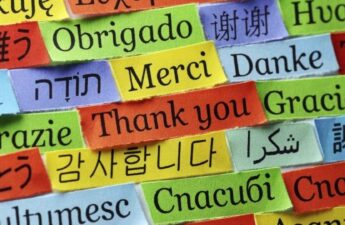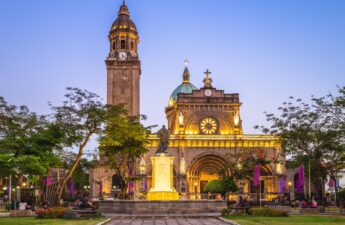What does it take to become a translator? Maybe https://lingvanex.com/english-to-hindi/? Is it enough just to have a good knowledge of a foreign language? Many people think that yes, this is quite enough. Moreover, some people argue that even a person with no education can become a translator. However, as practice shows, it is precisely education that is vital for a translator. It is not enough just to know a foreign language: you need to know it “in translation”. What does it mean? Any person who wants to become a successful translator should not only master the vocabulary, grammar and style of this language, he should also understand when and which word or phrase can be used, which phraseological unit can be easily translated literally, and which one needs to be changed in accordance with the realities translating language, and much, much more. In order to be a translator, you need to be fluent in your native language, to know how to better, more correctly, and more competently convey a thought written or said in a foreign language. Moreover, translators, as a rule, know, in addition to common vocabulary, also special vocabulary – technical, economic, medical, and so on. When translating, one should also take into account the difference in cultures to which the speakers of the two languages belong, so that, when carrying out oral translation, select the correct wording for polite, acceptable communication. In addition, it is worth noting that it is extremely rare that a simple language expert can translate as quickly as a professional does, and speed while maintaining quality is one of the main requirements for translators.
The work of a translator imposes a great responsibility on the performer. It is necessary to be very careful and concentrated in order not to make mistakes, to accurately and correctly convey the necessary information, to avoid distortions. This is especially important when interpreting, when there is simply no time to correct oneself. Therefore, a translator must constantly practice both in his own and in a foreign language, as well as study everything related to his field of activity – art, medicine, politics, fiction, and so on.
There is an opinion that an experienced engineer who knows, for example, English can become a translator of technical texts. However, there are many examples of how such specialists, as a result of their work, produced not accurate, but simply close to the text translations, adding unnecessary information there and omitting what was actually said, creating, in fact, their own text. Of course, such a translation cannot be considered to be of high quality. The same situation was observed when translating texts by lawyers or doctors, so we can confidently say that it is not enough just to separately know either a foreign language or your non-linguistic specialty: to become a professional translator, you need to know both. Only then can you become a truly successful translator, including a freelance translator.




